

When the pandemic struck, it was a shock initially for NATCCOs advisors who regularly travelled to member cooperatives to conduct performance assessments and provide consultancy services. Travels and face-to-face meetings were no longer possible, raising the question how to continue working. NATCCO is one of the largest cooperative federations in the Philippines and one of DGRV’s main partners in the country.
More than 2 years later, travel and contact restrictions have been lifted. But their work continues in a hybrid way. To cope with the pandemic, NATCCO developed online formats to provide tailored advice to member cooperatives, so called “digital Kamustahans” (digital “how-are-you-sessions”), as well as web-based offsite audits. The members were forced during the pandemic to work together with their federation in that way, but now they are enthusiastic about the new normal. It saves money and time. The drive for digitisation does not stop there. NATCCO developed its own platform for online-learning. Another partner of DGRV, AgriCOOPh, has also launched its e-commers service which allows members to sell their products online.
The digital economy has penetrated nearly every industry and provides numerous benefits such as reduced costs, higher efficiency, easier access to services and much more. But especially for medium and small sized cooperatives, the adaption of new technologies can be a daunting task due to a lack of capital and skills. Nevertheless, to stay afloat in the rapidly changing economy they need to adapt. Federations can be an important catalyst for the digitisation of cooperatives as they pool resources and can often access digital knowledge and talent more easily.
One example is the cooperative payment platform Kaya which has been developed by NATCCO and the Philippine Federation of Credit Cooperatives with the help of the Asian Confederation of Credit Cooperatives ACCU. Through this platform, numerous cooperatives from small to large can participate in the digital payments eco-system. Realising the importance of digitisation for cooperatives, the Cooperative Development Agency (CDA) has published a memorandum in November 2021 which created a new type of cooperative: the Technology Service Cooperative.
DGRV supports both NATCCO and AgriCOOPh in their efforts to digitise. Both partners have been supported to develop web-based education for their members. This is useful not only due to the pandemic. In a state with about 2,000 inhabited islands, organising face-to-face trainings can be hugely expensive. Furthermore, DGRV supports NATCCO’s stabilisation fund in automizing its data collection and data analysis for more efficiency and accuracy of data.
Rightly done, digitisation of processes in cooperatives brings their members many benefits. It just needs to be ensured that efforts are in their interest, not for the sake of digital trends. DGRV intends to support such good practice examples and processes in the future.
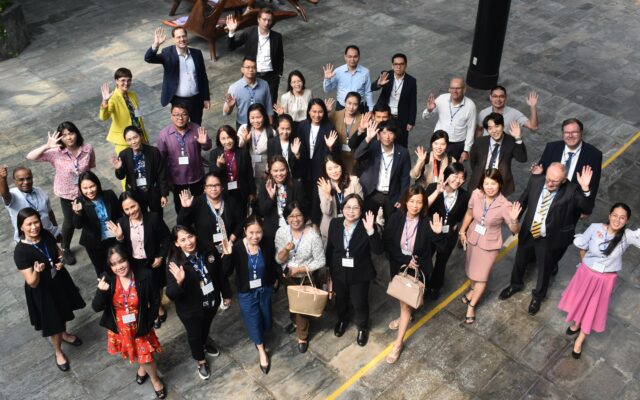
A new partnership between DGRV and the Cooperative Development Authority (CDA) in the Philippines is enhancing regulatory oversight and stability within the cooperative sector.
More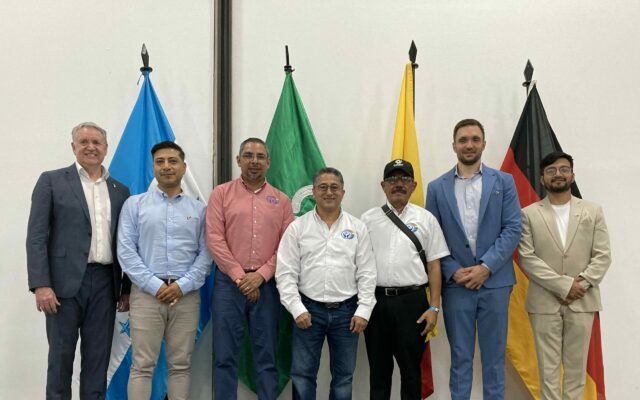
DGRV’s project in Honduras focuses on strengthening the cooperative financial sector, particularly in rural areas, and improving access to financial products and services. The initiative also aims to enhance resilience to climate change and promote the efficient use of natural resources, fostering sustainable and inclusive economic growth.
More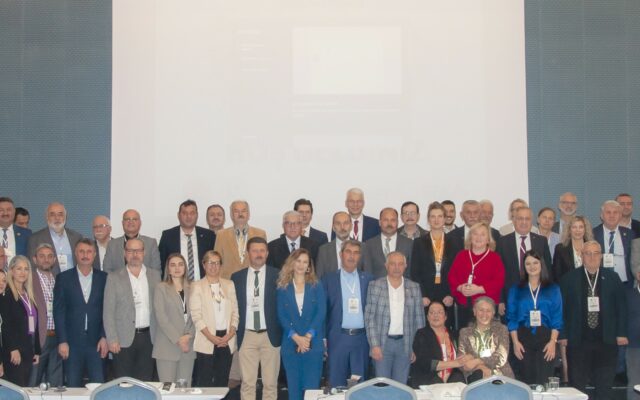
The 8-year long TAKBİ project within the framework of the Turkish and German association cooperation, revitalized Turkish agricultural cooperatives by surmounting challenges, elevating organizational structures, improving service quality, and fostering member satisfaction, leaving a lasting positive impact on the cooperative landscape in Turkey.
More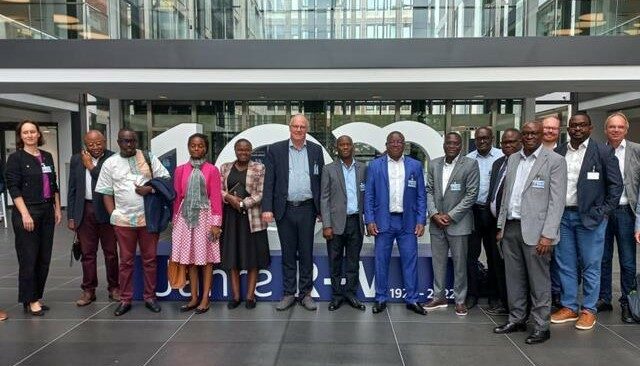
Financial experts from Benin, Cameroon, and Uganda embarked on a journey to Germany to explore the essence of cooperative principles, forging a vision for a resilient banking sector that transcends borders and fosters economic and social progress in African communities.
More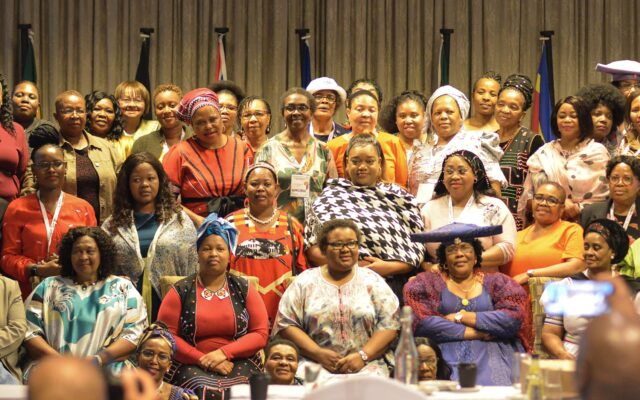
In an extraordinary gathering, female traditional leaders from Southern Africa converged to harmonize the concepts of Ubuntu and cooperative principles, setting a visionary path for community development.
More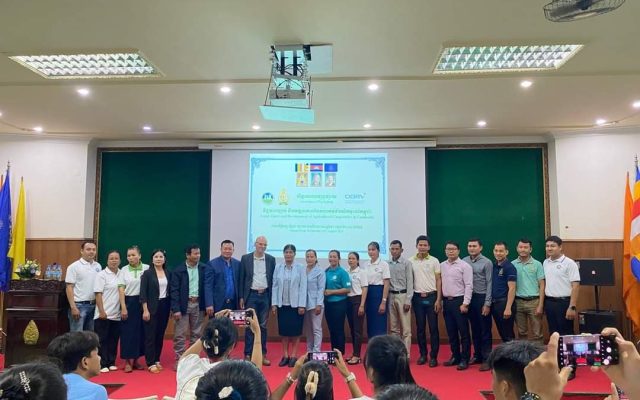
Empowering Cambodia's agricultural cooperatives through dynamic seminars: DGRV and AERD/RUA collaborate to drive leadership, professionalism, and sustainable growth.
More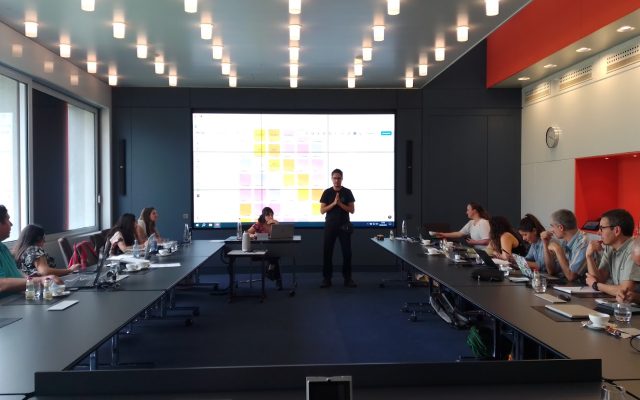
In June, eight Chilean organizations participated in an Exposure Visit to learn from the experience of Energy Cooperatives in Germany
More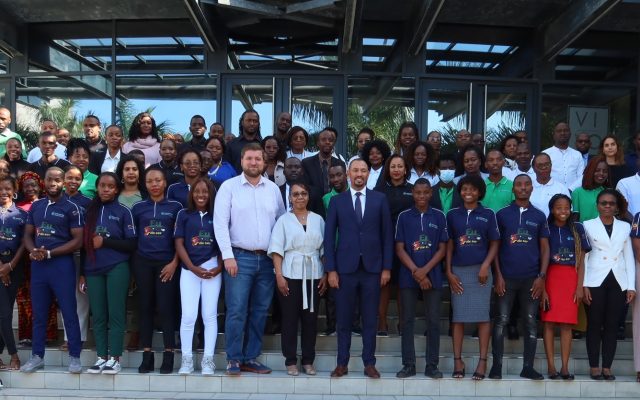
Empowering Mozambican youth through cooperative entrepreneurship to tackle unemployment and promote economic growth.
More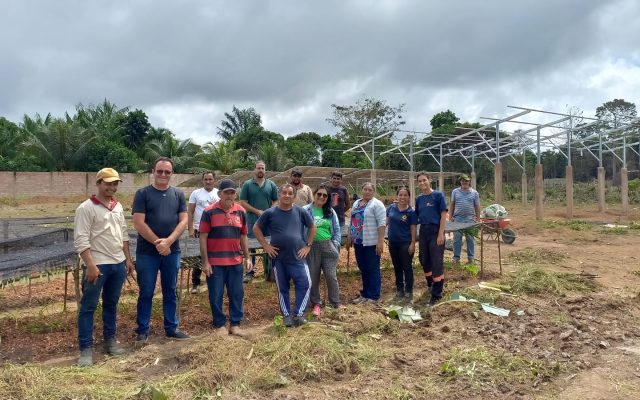
Helping the cooperative CCampo Alimentos to implement an Agrivoltaic pilot project in Brazil
More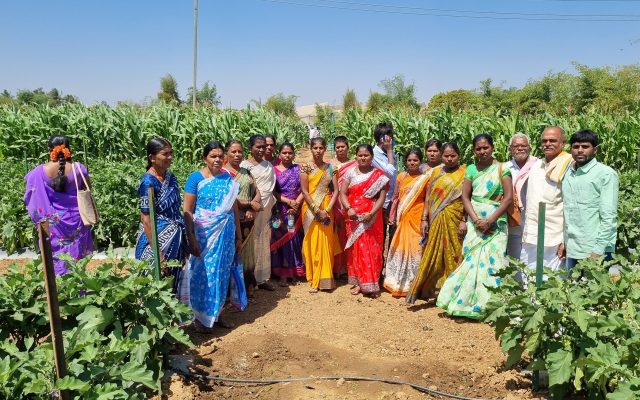
Adaptation measures to climate change in rural areas in India
More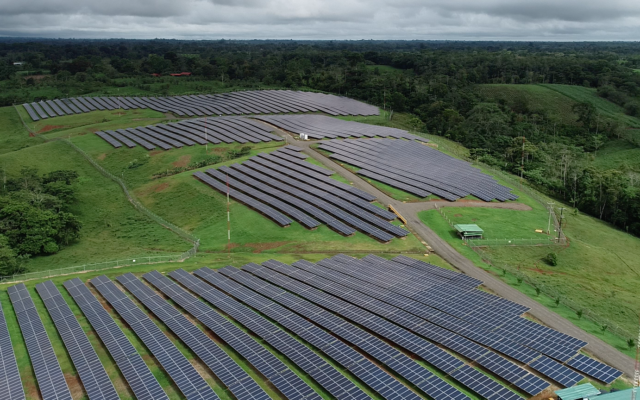
Renewable Energy in Costa Rica generated by cooperatives.
More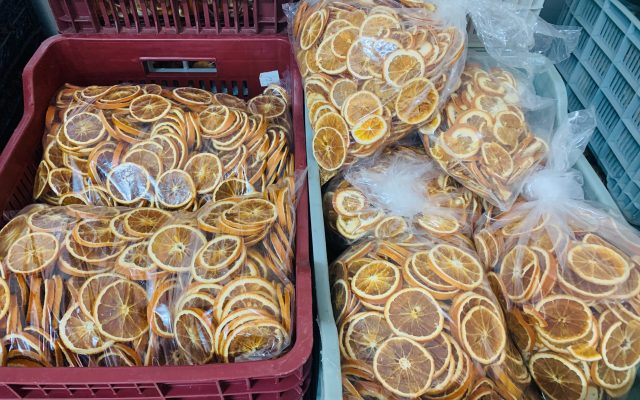
Food Processing with a Regional Federation
More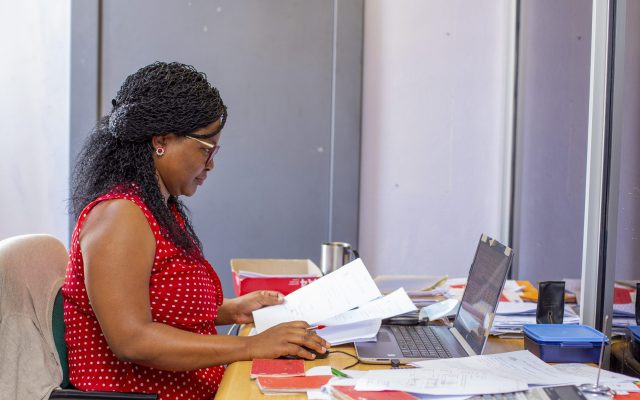
Digitisation of Primary Co-operatives in eSwatini
More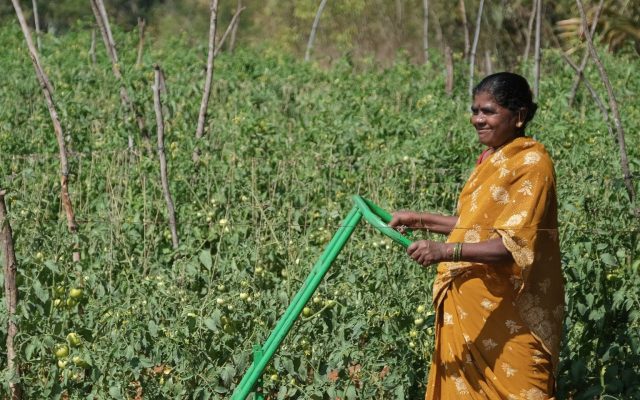
A central solution that enables members to make daily agricultural necessities available promptly and financially affordable
More
The creation of Community Distributed Generation Cooperatives in Chile.
More
Textile cooperative in Tunisia
More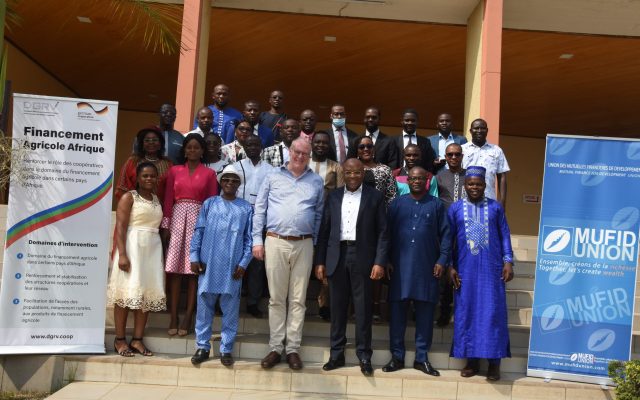
Facilitating access to quality agricultural finance products in Cameroon
More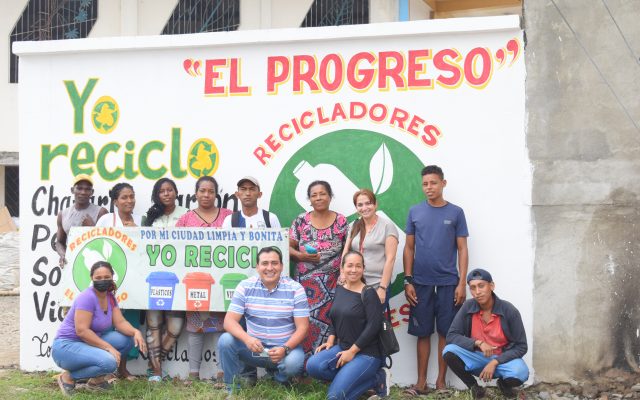
Generating business and commercial connections with the "Networks in Action" project
More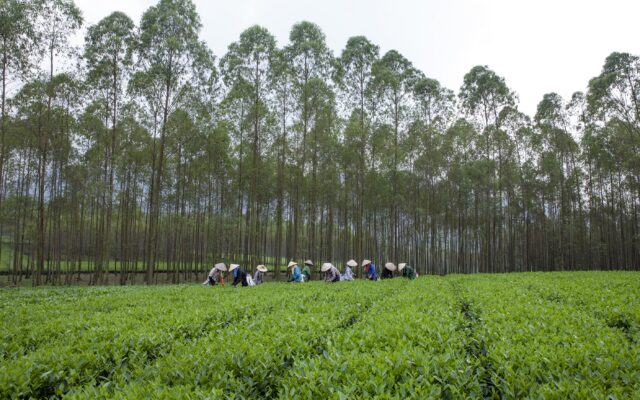
Mid- term courses for cooperative officials in Vietnam
More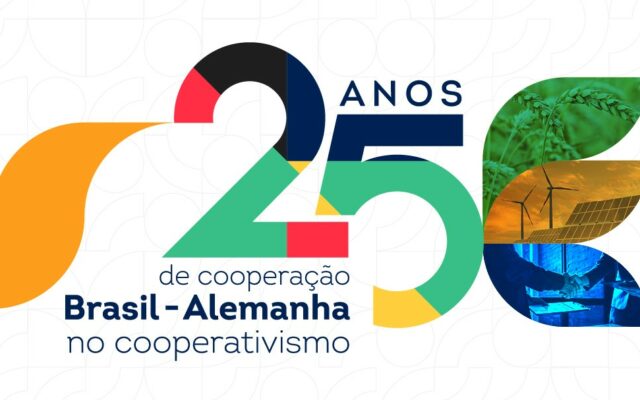
The collaboration between the Brazilian and German cooperative sector
More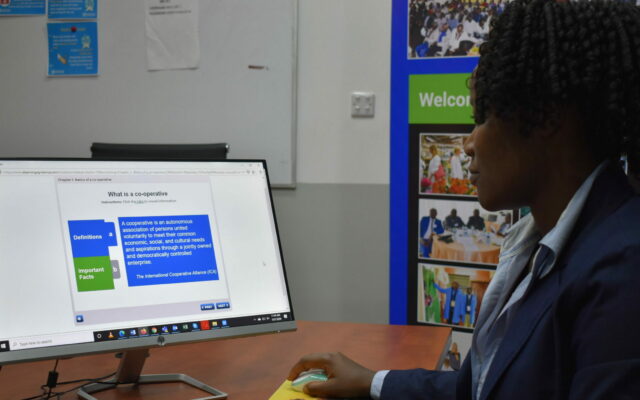
DGRV Kenya supports project partners on their way to adapt to “The new normal” in times of COVID-19
More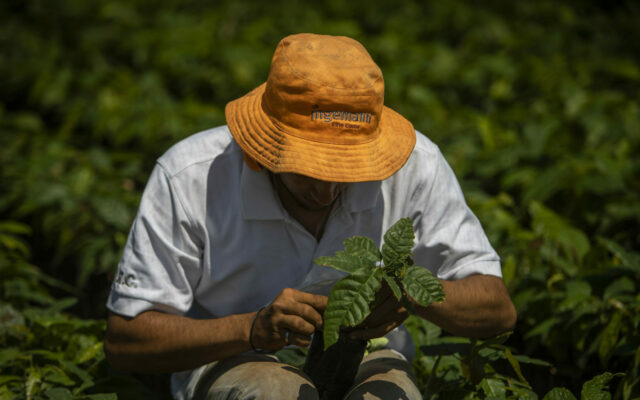
Pablo and his Potatoes
More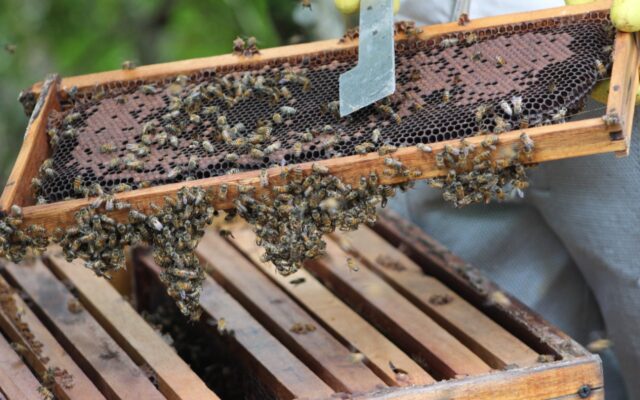
Strengthening small rural producer organizations in Colombia
More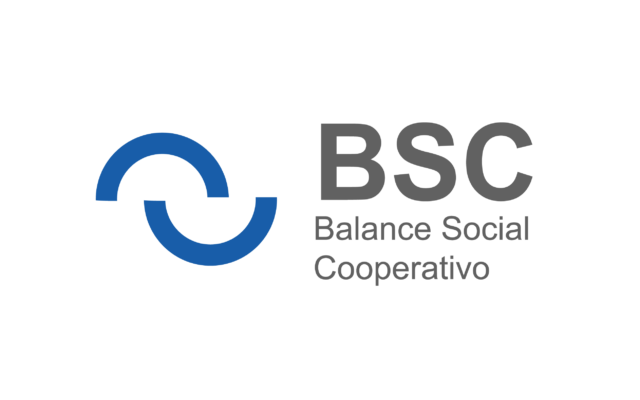
Cooperative Social Responsibility in Honduras
More